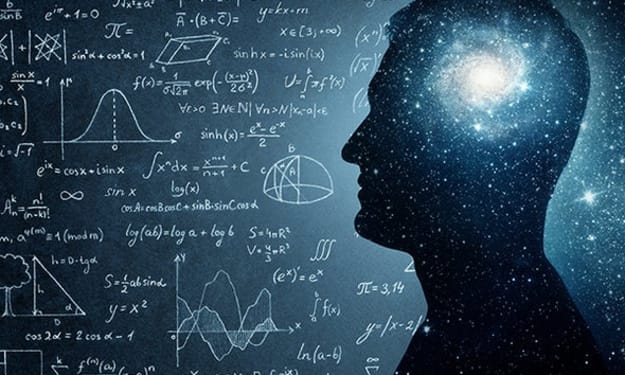Falling out of love with quantum mechanics
How quantum mechanics is fundamentally incomplete

Quantum mechanics seems indistinguishable from magic for the uninitiated.
Reading quantum mechanics certainly changes the way you look at everything. Learning physics at university is a journey in which you question everything, even things that you had ever assumed to be true. Fortunately you receive very testable answers, otherwise it would be nothing more than exciting glimpses which could never be proven.
Vividly can I remember one time when I walked out of a lecture theatre, and was so amazed by everything that it did not occur to me that one would not quantum tunnel through the lamppost I was slowly advancing towards. The latter bump and momentary surprise, brought me back to reality. Remembering how extremely low the probability was of me ever experience cool quantum effects, I thought about how much fun it would be to turn into a quantum electron. This made me feel very sad, but it only added to the mystery surrounding the new world which was being opened before my eyes.
So how could I not fall in love with quantum mechanics?
One really neat feature of quantum mechanics is that it is based around only two equations. The first of which is Schrodinger's equation which governs particles moving non-relativistically (moving at a very tiny fraction of the speed of light). The second is Dirac’s equation, which governs quantum field theory and thus describes the fundamental particles and the forces between them. The centralized nature of quantum mechanics makes it easy to learn and grapple with, unlike its classical counter part which is full of equations which are only loosely tied together. In this sense quantum mechanics is far simpler than classical physics, all be it much more mathematically abstract.
Quantum mechanics also has far reaches in its applications to the rest of physics. It is used to predict properties of solid state materials and gasses, and also is used to predict the properties of light. Admittedly thinking about quantum optics reveals some unnerving aspects to light which I might of rather not have encountered, since these should come with a severe "headache" warning. For instance quantum optics describes beam splitters not as physical objects but using abstract operators, but that only adds to the charm of quantum physics. This separation from the everyday material world is what make quantum physics unique, it is however also its down fall.
So how could I fall out of love?
The rosy red sky of the quantum horizon, began to turn stormy when I realized something quiet unsettling. I was in fourth year and I knew how to calculate all kinds of phenomena. However if you asked me what a given particle fundamentally is, I would not know how to answer. I would in fact suggest to you a multitude of ideas, none of which I have a great deal of faith in. You would see me say something like "well we can describe it as a wavefunction", whilst drinking a mug of strong coffee to quell my growing frustration with the concept. If you further asked me how the universe on the macro scale is in many ways defiantly classical, I would also be uncertain how to respond.
Following the sudden transition into a cloudy and stormy sky, I realized the problem at hand had arisen in the shadows. I suppose it arose, not because it was unimportant to consider, but because physics has become increasingly focused on empirical results and mathematical models, whilst forgetting how to relate it to the metaphysical questions one might ask. Physics has had a divorce from philosophy and both are arguably now suffering the consequences. I am now forced it seems to either say observation and consciousness has some mystical property which causes wavefunctions to collapse, or else I must confess the existence of parallel universes. I find neither option attractive, both very hard to believe and in this and many other instances, I can't help but feel physics and philosophy really need to get back together pronto.
In conclusion, I would encourage everyone to learn quantum physics for it is a powerful lens through which many great and wonderful things can be understood. However it does not satisfy, at least personally, the natural desire for a conclusive description of the world. I went to university with a desire to understand the universe and indeed have learned how to model it mathematically. I do not though know how to answer some of the most basic questions concerning it. And it turns out, no one quiet does.
About the Creator
Reality Detective
Recently finished a Physics course at university. Now going into writing and exploring the world with the lens of fantasy and science.
Enjoyed the story? Support the Creator.
Subscribe for free to receive all their stories in your feed. You could also pledge your support or give them a one-off tip, letting them know you appreciate their work.






Comments
There are no comments for this story
Be the first to respond and start the conversation.